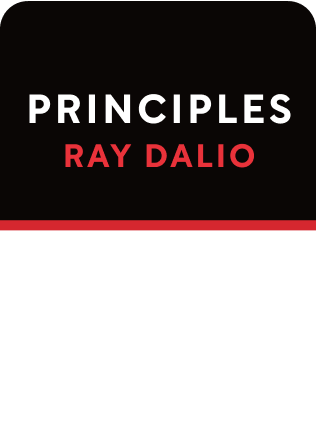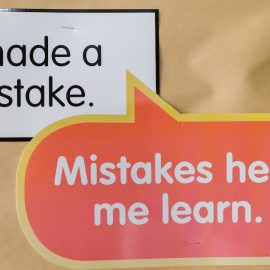

This article is an excerpt from the Shortform summary of "Principles: Life and Work" by Ray Dalio. Shortform has the world's best summaries of books you should be reading.
Like this article? Sign up for a free trial here .
What are Ray Dalio’s work principles? How can you use the work principles at your company and in your career?
The work principles are a set of rules that decide how things run at Ray Dalio’s company. After careful consideration, he figured out a way to apply these principles to all work situations.
Keep reading to find out more about work principles, and how to use them.
Work Principles
In the final section, Dalio discusses his Work Principles that govern how Bridgewater operates. The Work Principles are really just his Life Principles applied at organizational scale.
Like with personal life, the ultimate goal in work is to find the truth by leveraging the strengths of the group. The trick is to do this with thoughtful disagreement while bypassing the inevitable emotional conflicts that arise.
Great Organizations
A great organization has two things: 1) great people and 2) a great culture.
Great people have two things: 1) great character and 2) great capabilities. One without the other is dangerous. People with great capabilities who do not have great character will not be aligned on the mission, and they will work on their own conflicting goals. People with greater character without great capabilities are pleasant to be around but don’t contribute to the organization’s goals. People who have both character and capabilities are rare and valuable.
Great cultures have a consistent way of improving the machine to accomplish its goals. They have a way to surface disagreements between people and to resolve them effectively.
The Organization as a Machine
Look down on the organization as a machine, consisting of culture, people, and processes.
The goal is to create a machine that works so well you can sit back and watch beauty happen.
Compare its outputs with its goals; if it is falling short, then something is wrong with the people or the design.
Idea Meritocracy
An idea meritocracy is an environment in which the best ideas win, regardless of where or whom they came from. Dalio believes the idea meritocracy is the best system for making decisions and it is one of his work principles.
The way to build an effective idea meritocracy is to:
- Bring together smart, independent thinkers
- Have them thoughtfully disagree with each other
- Get past disagreement using agreed-upon systems.
Together, this will yield the best ideas and collective thinking. Idea meritocracy works better than just one person coming up with the ideas and issuing orders. It also works better than a group of smart people who can’t thoughtfully disagree with each other.
An idea meritocracy is built on a few foundational principles:
- Radical truth
- Radical transparency
- Thoughtful disagreement
- Believability-weighted decision making
We’ll explore each one in the following chapters.

———End of Preview———
Like what you just read? Read the rest of the world's best summary of Ray Dalio's "Principles: Life and Work" at Shortform .
Here's what you'll find in our full Principles: Life and Work summary :
- How Ray Dalio lost it all on bad bets, then rebounded to build the world's largest hedge fund
- The 5-step process to getting anything you want out of life
- Why getting the best results means being relentlessly honest with everyone you work with






